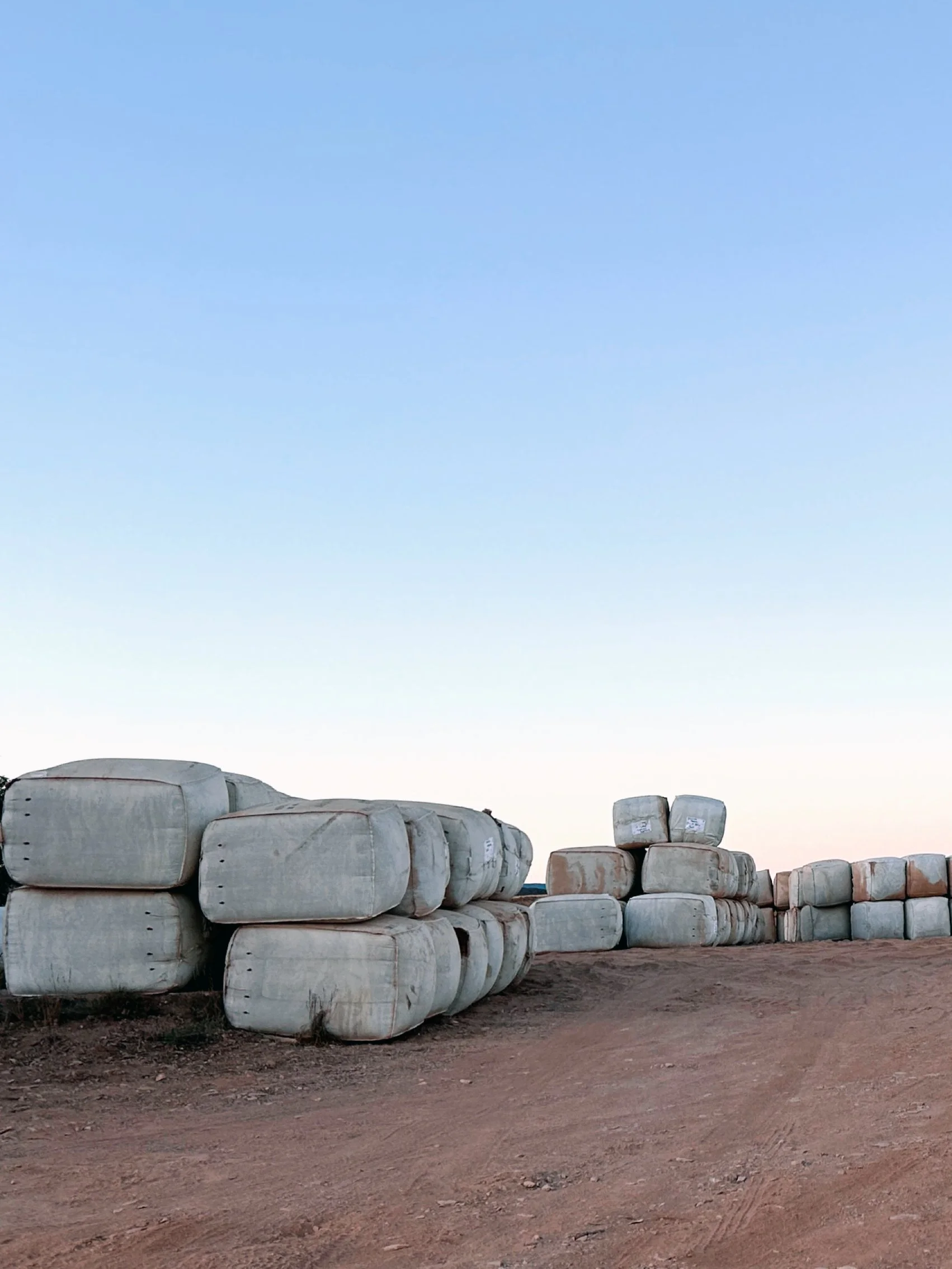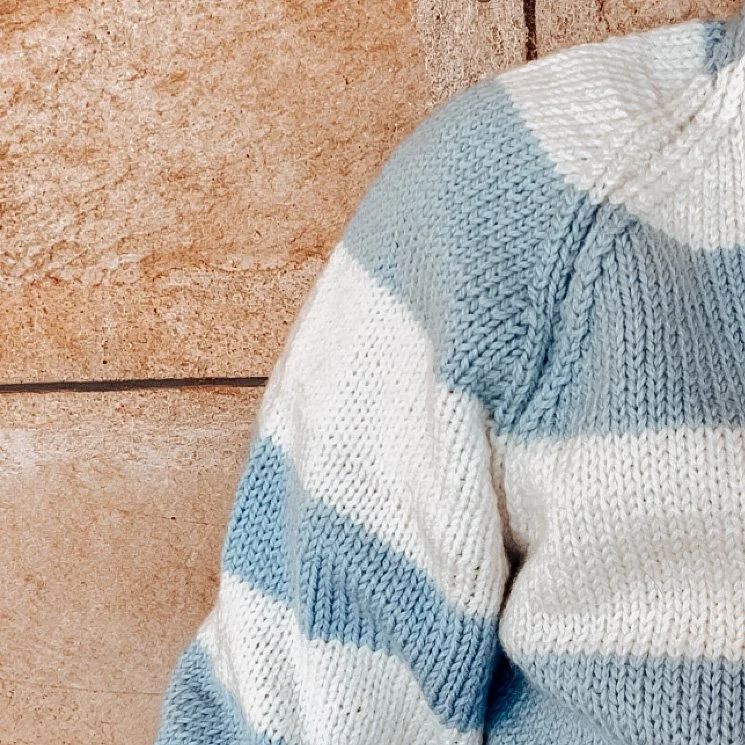Sustainability
We Want Wool
By Rachel Martin
A survey was conducted to understand Gen Z consumer behaviour and attitudes about purchasing wool.
October 2019
Move over millennials, Gen Z is the new up and coming consumer generation. We are going to make up 40 per cent of the global consumer power in 2020.
We are the generation born in the years 1996 – 2014. We are young individuals concerned about animal welfare issues, sustainability, human and planet health. These concerns dictate the demand for brand responsibility and transparency. Wool and Gen Z are generating a strong relationship between wool’s attributes and Gen Z consumer standards, but something is missing.
Australian Wool Innovation (AWI) are tirelessly collaborating with premium designers to meet these demands. However, this revolutionising information isn’t quite reaching the Gen Z demographic in Australia. A survey was taken to provide an understanding of what individuals aged 18-24 have on wool attributes and an insight to their consumer behaviour in regard to wool and natural fibres. When buying knitwear, and other forms of winter fashion 64 per cent of consumers will check the tag for the inclusion of wool.
Gen Z is driven by their conscious spending habits, they know what’s good and what’s bad in terms of their investment and the environment. 87 per cent of Gen Z consumers said they’d buy more woollen products if they could afford them. They know wool is good, but they just don’t know how good. As the generation will start to establish higher incomes, it is likely there will be a shift in consumer trends towards sustainable fashion. Gen Z sees natural fibres as luxury items and 87 per cent want their investment pieces to be made from fibres such as linen, silk, cashmere and wool.
Our generation is over fast fashion trends, we care about our environment too much!
In a presentation at the University of England, Junior Editor of AWI, Ella Edwards shone a light on the effects of disposable fashion and its huge negative impact on the environment. Edwards expressed that micro fibres of plastic are raining down in rainforests and every time you wash your polyester garment, thousands of tiny plastic fibres are being washed into the water and out to the ocean.
We don’t know how versatile wool can be. The innovative products bypass domestic gen Z consumers, revealing the majority of us think wool is only for knitwear and socks. Only a few are aware of wool's capability to transform into denim, sneakers, wetsuits and water-resistant jackets, to name a few.
There is a huge communication gap between the young Australian consumer and the wool market. The market is concentrated in the Northern Hemisphere, but if any Aussie had the knowledge of the beneficial qualities of wool, we would automatically become a personal advocate for wool. Gen Z doesn’t sit at home saving, they are out experiencing the world.
Let us experience the world with wool.
The runner from Hay packs their woollen performance wear to wear at the New York Marathon. The surfer waits for the best breaks in Fiji in his woollen board shorts. The Instagram influencer hits Tokyo in their 100 % wool designer garments, that can handle the humidity.
Gen Z has mindful consumption, we research online blogs and YouTube before spending our money. We are ready to absorb the all information AWI is projecting elsewhere. The majority of Gen Z have learnt the properties of wool through word of mouth compared to the small proportion that have engaged in AWI marketing campaigns. 50 per cent of responses find out the properties of wool via wool growers. With 26,000 wool growers in Australia, there would be an enormous benefit to utilising this valuable resource of information. Get the conversation started on all the unique qualities and characteristics wool has to offer to the modern consumer.
Moving forward from disposable synthetic fashion, the wool industry is ticking all the right boxes, so it is vital to get our nation’s upcoming generation behind the drive for a sustainable future. Educate, engage, and collaborate with Gen Z because even if we haven’t worked it out yet, we want wool.


